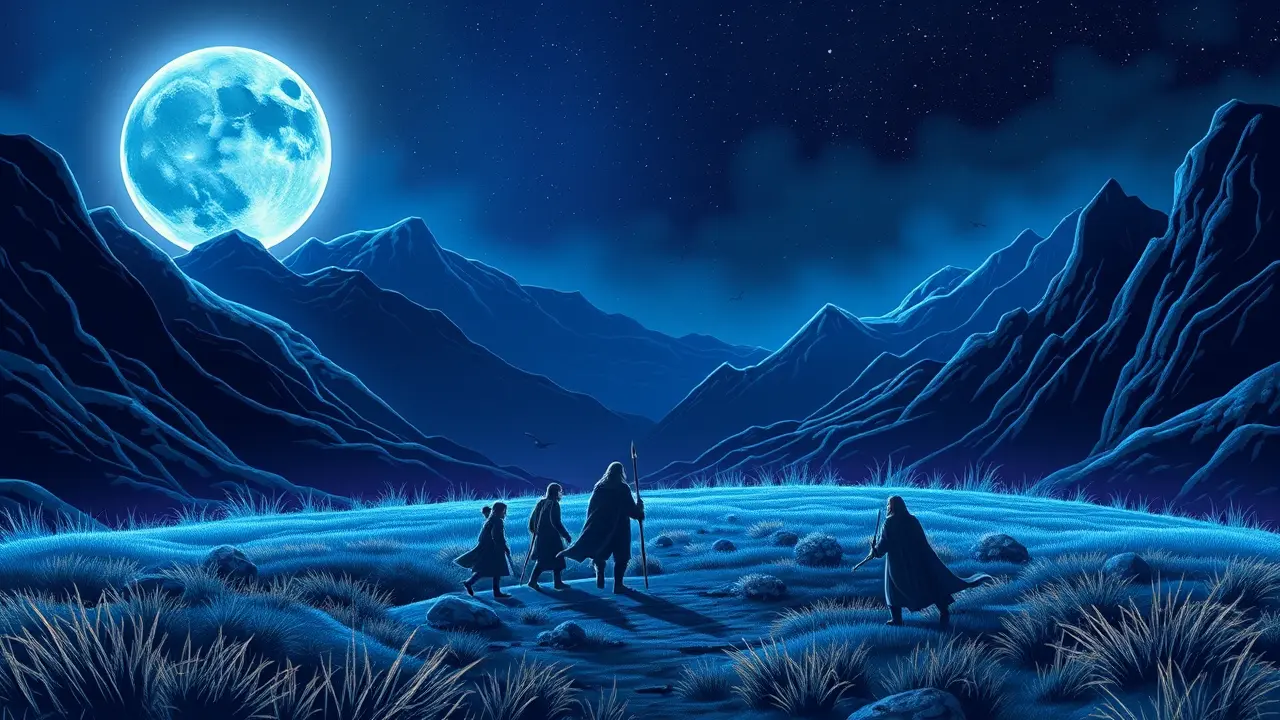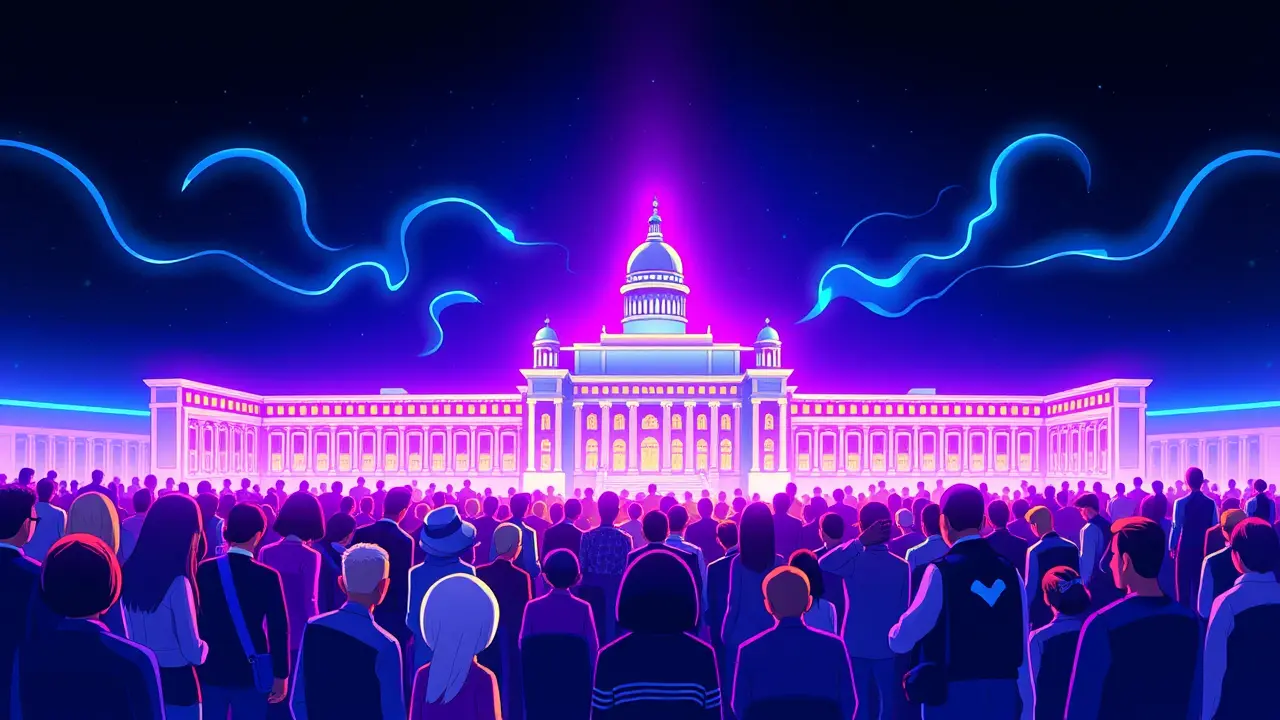
Politicshuman rightsRefugees and Migration
Elon Musk and the Trump Administration Really Don’t Get Tolkien
MI
Michael Ross
3 days ago7 min read
The recent appropriation of J. R.R. Tolkien's 'The Lord of the Rings' by figures like Elon Musk and the Trump-era Department of Homeland Security to frame anti-immigration rhetoric represents a profound and dangerous misreading of the text's core ethos, one that inverts its fundamental moral universe to serve a contemporary political agenda.Tolkien, a scholar who endured the trenches of the First World War, crafted his epic not as a simplistic allegory but as a profound mythology deeply rooted in his Catholic beliefs and his aversion to the industrial desolation and totalitarian impulses of the modern age. The central conflict of Middle-earth is not a clash between distinct ethnic or national homelands, but a metaphysical struggle against the corrosive force of absolute power, embodied by the One Ring.To cast oneself as the 'Fellowship' or the plucky underdogs of the Shire while advocating for policies of exclusion and hardened borders is to ignore that the true enemies in Tolkien's world are Sauron and Saruman—forces defined by their desire for domination, control, and the eradication of diversity in favor of a homogenized, ordered tyranny. The Shire itself, often nostalgically evoked as a pure homeland to be defended, is ultimately saved not by building walls but by the return of travelers enriched by their experiences with diverse cultures, from the Elves of Rivendell to the Ents of Fangorn.This co-opting of narrative is a classic tactic in the political playbook, reminiscent of how Orwell's '1984' is often cited by opposing sides of the political spectrum, but it carries a unique weight here due to Tolkien's enduring cultural resonance. The ethical framework of 'The Lord of the Rings' is built upon fellowship, sacrifice for the greater good, and the resilience of seemingly insignificant individuals against overwhelming power—themes that stand in stark opposition to an 'us versus them' ideology that justifies oppression.When a government agency or a tech oligarch dons the mantle of the Hobbit, they are performing a sleight of hand, attempting to claim the moral high ground of the story's heroes while enacting the isolationist and power-hoarding instincts of its villains. This is not merely a literary debate for academics; it signals a broader weaponization of narrative where the stories we hold sacred are stripped of their complexity and nuance to become blunt instruments in a culture war.The long-term consequence is a flattening of our collective imagination, where the rich, humane lessons of our foundational myths are lost, leaving only a hollowed-out shell to be filled with whatever political justification one desires. It begs a critical examination of how we engage with art and literature in the public square: are they sources of wisdom and empathy, or merely another arsenal from which to draw propaganda? The misuse of Tolkien by powerful entities reveals less about the author's intent and more about a modern desperation to cloak harsh policies in the comforting garb of a beloved tale, a move that would likely have horrified the Oxford don who so deeply distrusted the machinations of 'the Machine'.
#editorial picks news
#Elon Musk
#Trump Administration
#Lord of the Rings
#immigration
#political messaging
#cultural appropriation
#oppression
Stay Informed. Act Smarter.
Get weekly highlights, major headlines, and expert insights — then put your knowledge to work in our live prediction markets.
Related News
Comments
It’s quiet here...Start the conversation by leaving the first comment.
© 2025 Outpoll Service LTD. All rights reserved.











